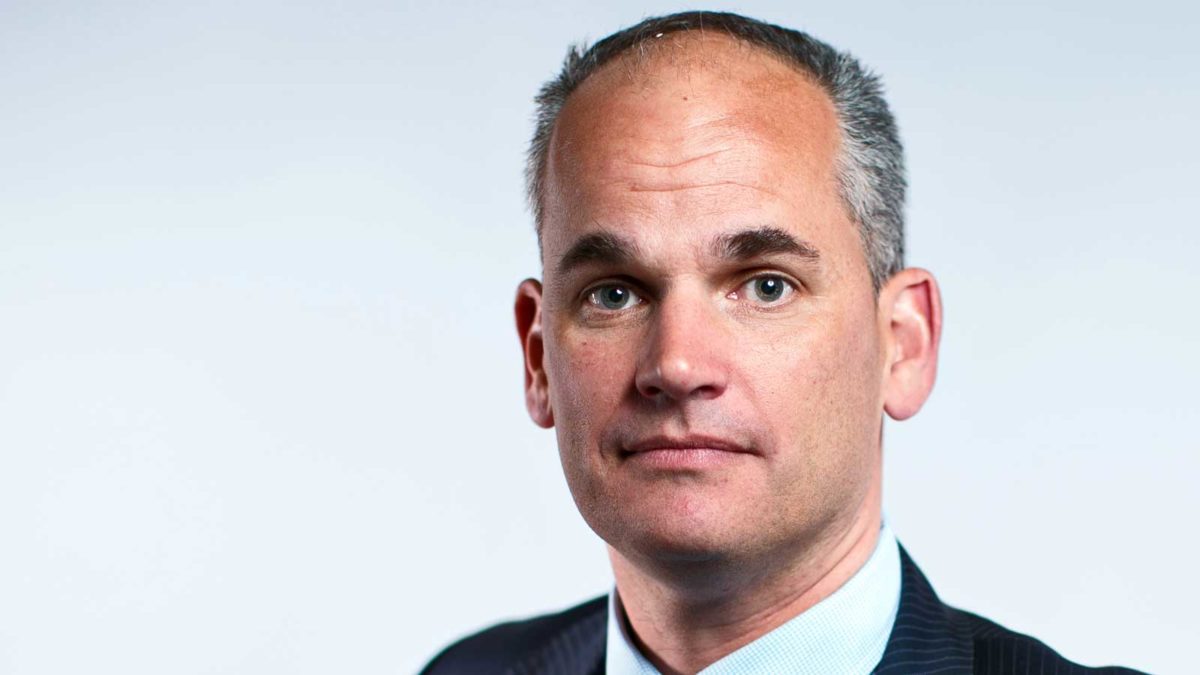Vaccine numbers as asset pricing inputs
Exogenous factors, such as wars, can and do impact markets but rarely do we get to see a medical crisis play out quite like this. It is science versus the unknown.
At a briefing featuring three of its managers last week (July 21), distributor and multi-affiliate manager GSFM provided a snapshot of how the managers are viewing the current circumstances and the impact on the outlook for global fixed income markets, global growth equities and Australian equities.
The managers were Payden & Rygel of the US, represented by Eric Souders, Munro Partners of Melbourne, represented by Nick Griffin, and Redpoint Investment Management in Sydney represented by Max Capetta. Steve Miller, GSFM strategist, provided a macro view.

Each of the managers pointed to where their firms believed the opportunities lay in their respective asset classes.
For global fixed income absolute returns strategies, Payden & Rygel saw value in commercial real estate, the corporate CLO market and recovery in the emerging markets debt sector, which was being fuelled by belated vaccination rollouts.
For global equities growth stocks, Munro felt they were overvalued in an absolute sense but not in a relative sense, still providing a 3.8 per cent carry above the risk-free rate.
Griffin said the next mega trend was already occurring – dealing with climate, which investors cared about.
He said that strong structural growth equalled strong earnings growth, which equalled strong share price growth, as long as you don’t pay too much for it. “That’s what’s happened for us over the last 15 years,” he said.
Griffin did not see the risk-free rate moving much beyond 2 per cent in the short term, meaning equities should retain current relative valuations versus bonds.
Redpoint’s Cappetta said investors should look broadly across the market to capture income from Australian stocks, outside the financial and resources sector. “Generally, dividends are definitely on the comeback,” he said. “Banks won’t return to pre-covid dividend levels until 2023… There has been a lack of product innovation from the banks. We’re looking at where they spend the proceeds from their exit from wealth.”
Souders said the vaccine rollout had become a big part of the decision-making process. “We’ve seen a lot of vaccine diplomacy out of China. We’re looking for countries with the ability to roll out vaccinations. We’re beginning to see some of the developed world passing the US in the rollout, such as the UK, and Europe has caught up,” he said.
“We’re looking for real-time figures to validate the rollouts and also where they are wrong, where there’s a hiccup or a fit-start progress.”
But Steve Miller expressed concerns about the prospects of inflation. He said: “Is inflation the weak link? The markets have bought the transitory narrative. And there are circumstance where [inflation] has been transitory, such as during the Korean War. At the outset, rates were slightly negative and within a year had spiked to 9 per cent and then less than a year later were back to 2 per cent. They didn’t get back up to 4 per cent and then more until the Vietnam War,” he said.
“But closer to home, the inflation genie sometimes gets out of the bottle, such as in the 60s, 70s and 80s. Inflation creates its own momentum, as it did in the 70s.”











